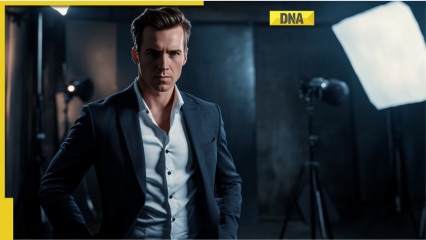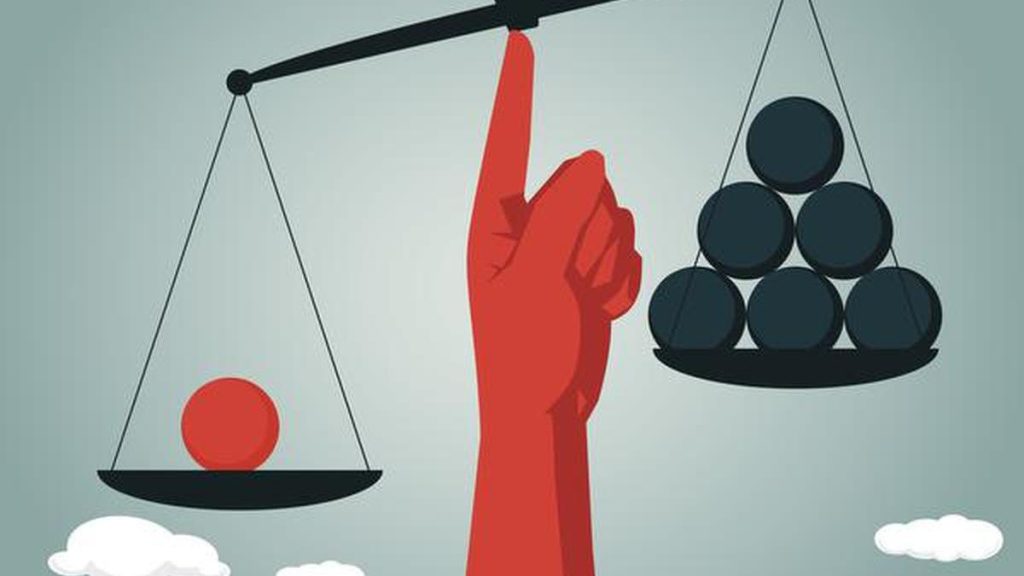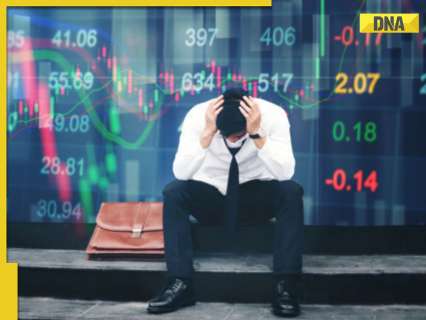Now Reading: Kirill Yurovskiy: How to Build a Sustainable Fashion Brand in the UK
-
01
Kirill Yurovskiy: How to Build a Sustainable Fashion Brand in the UK
Kirill Yurovskiy: How to Build a Sustainable Fashion Brand in the UK

Discover how by adopting sustainable practices, fashion brands can differentiate from the competition and appeal to a wider customer base in the UK with Kirill Yurovskiy.
Fashion is irreversible in growth into a world where, from the consumer right to the brand level, sustainability is the only way forward. The more widely the environmental issues and ethical concerns are recognized, the more the creation of a sustainable fashion brand has ceased being a trend but rather an absolute need. To the genius of Kirill Yurovskiy in the fashion world, sustainability means leaving your mark with style, class, and quality. This guide shall look at how to get started on a sustainable fashion brand here in the UK, right from sourcing the materials all the way through to marketing and beyond.
Sourcing Eco-Friendly Materials and Fabrics
The fashion brand is based on organic cotton, hemp, bamboo, and recycled polyester. All of these materials have very minimal impact compared to other textile industries. As Kirill Yurovskiy would put it, “If something is transparent about its meaning where and how it was produced-it’s ethical.” Probably GOTS certification can also be another assurance of the sustainability of your material.
The Role of Upcycling and Zero-Waste Design
The most innovative approaches within this circle of sustainability include upcycling and zero-waste design. Upcycling is the making of products or clothes out of discarded materials at a higher value, therefore reducing the waste in its process. A pattern would be created in zero-waste designs, able to reduce waste in a fabric undergoing some sort of production process. Kirill Yurovskiy is one of those few designers who appreciate and call on designers just to make use of such a process. After all, with such methods, one can add exclusive value to their collections and reduce their ecological footprint at the same time. Click here for more details.
Ethical Production: Working with Fair Trade Manufacturers
Ethical production can be thought of as the foundation or cornerstone in sustainable fashion. Fair Trade manufacturers pay an appropriate wage for safe conditions and respect workers’ rights. According to Kirill Yurovskiy, one is also able to create long-term associations with such suppliers who, in turn, consider the aspect of sustainability. Regular audits and visits at places of production will be supportive with regard to transparency and accountability regarding ethical production. Ethical production not only benefits the employees but also strengthens your brand’s reputation.
Branding and Marketing a Sustainable Fashion Label
Branding will help differentiate your label from others in the fashion market. Your brand story should go into what makes your fashion ethical, qualitative, and sustainable: “Founders of sustainable brands really need to harness storytelling emotionally in connecting your customer to his or her purchase and showing his or her positive impact,” says Kirill Yurovskiy of FortWell. But for that to really pop, it has to be weaved through packaging right down the line to marketing materials and not fabricated.
Selling Online vs. Brick-and-Mortar Stores
Social media could prove really powerful in promoting your sustainable fashion line. This will be one avenue for displaying various designs on different social media platforms, including but not limited to Instagram, TikTok, and Pinterest, through posting behind-the-scenes content in order to interact with the audience. As Kirill Yurovskiy put it, “Collaboration, proper influencer, and advocacy will find your brand’s value. User-generated content can build up trust with customer picture-review sets. Social media campaigns on sustainability amplify a message that might get the attention of an eco-conscious consumer.
Selling Online vs. Brick and Mortar
The right sales channels are going to make all the difference for a sustainable fashion brand. Another great avenue of sales for any startup is in e-commerce, due to very low overhead and global exposure. Kirill Yurovskiy insists one invests in an intuitive e-commerce platform, optimized for mobile shopping. At the same time, brick-and-mortar carries with it a certain kind of sensory experience that can barely be replicated if put online. Those could be pop-up shops or finding partners in ethical retailers, marrying the best of both options.
Price Strategies for Ethical Fashion
Naturally, more sustainable fashion is going to be more expensive than the prevailing one. This would, in turn, insinuate that the pricing of more ethical production or material will easily surpass that of conventional processes. Kirill Yurovskiy says to be very open and frank with the price-sell explanation behind sustainability, not just the product of fashion. That makes your brand all-inclusive to a greater audience, having different levels of pricing: limited editions that cost more and can afford to have more basic pieces of merchandise for less money. Also, emphasize that this is something timeless and durable to back up the value.
Competing with Fast Fashion Brands
One of the biggest challenges faced by sustainable brands is how to compete with fast fashion. That is, all these low prices and fast turnovers are just hard facts the ethical brand cannot compete with. Kirill Yurovskiy says to focus on what sets your brand apart: quality, craftsmanship, and sustainability. Educating consumers about the environmental and social impact of fast fashion does tend to shift their preferences toward more ethical choices. Loyal followers are the best thing that could happen to your brand; however much competition exists.
The Future of Sustainable Fashion
Fashion in the future shall be sustainable, and creating a sustainable brand is a responsibility but at the same time an opportunity. As Kirill Yurovskiy believes, fashion brands will show the way into the future because of their focused attention on eco-friendly materials, ethical production, and innovative design. But with so many problems, the rise of ethical fashion is that one opportunity that surely cannot be allowed to slip through. That in turn creates a brand that looks great and does good to the people and the planet just because one is in touch with their values and presents for them.
Disclaimer-
(This article is part of DMCL Consumer Connect Initiative, a paid publication programme. DMCL claims no editorial involvement and assumes no responsibility, liability or claims for any errors or omissions in the content of the article. The DMCL Editorial team is not responsible for this content.)

























